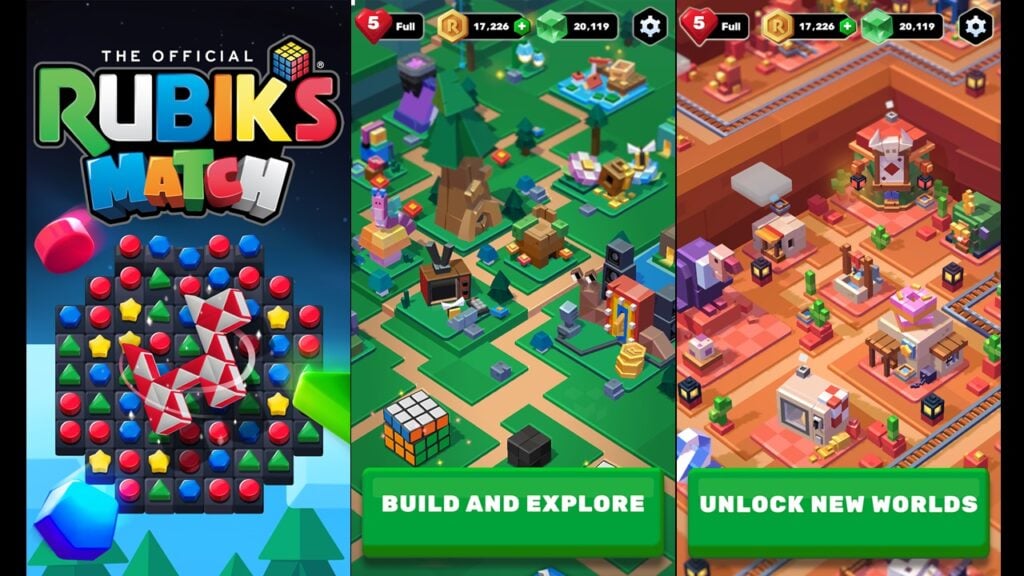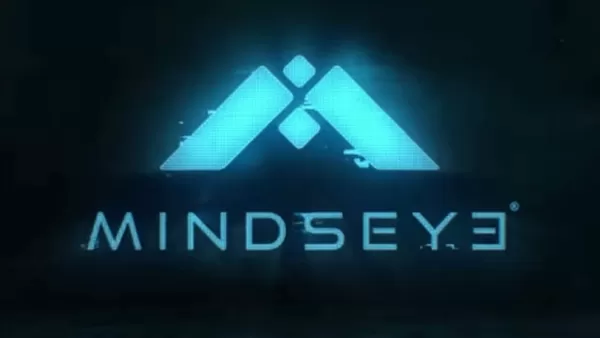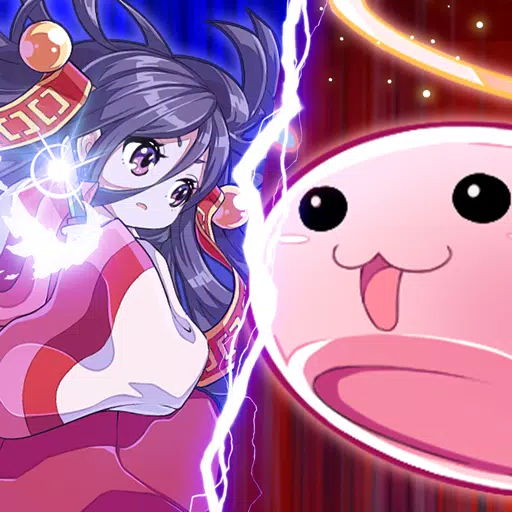"Clair Obscur: Expedition 33 Sparks Debate on Turn-Based Games"
Turn-based games have been a staple topic in role-playing game (RPG) discussions and forums, often sparking debates about their place in the genre amidst the rise of action-oriented systems. The recent release of Clair Obscur: Expedition 33 has reignited these conversations, particularly regarding the future direction of major RPG series like Final Fantasy.
Clair Obscur: Expedition 33, which launched last week, has received high praise from IGN and other gaming outlets. The game proudly showcases its inspirations, featuring a turn order system, Pictos to equip and master, zoned-out "dungeons," and an overworld map. In an interview with RPGsite, producer Francois Meurisse emphasized that Clair Obscur was designed as a turn-based game from the outset, drawing significant inspiration from classics like Final Fantasy VIII, IX, and X, as well as incorporating elements from Sekiro: Shadows Die Twice and Mario & Luigi with quick-time events and parry/dodge mechanics.
This unique blend results in a game that feels traditionally turn-based during strategy and attack phases, yet shifts to a more action-oriented experience during combat execution. This innovative approach has stirred significant discourse on social media, with many pointing to Clair Obscur's success as a rebuttal to criticisms of turn-based mechanics, especially in the context of the Final Fantasy series.
Naoki Yoshida, during the media tour for Final Fantasy XVI, discussed the shift towards more action-based mechanics in RPGs. He noted that while he appreciates the appeal of command and turn-based RPGs, there has been a growing sentiment among younger audiences that selecting commands in video games lacks excitement. This perspective has influenced the direction of recent Final Fantasy titles like XV, XVI, and the VII remake series, which have all leaned towards more action-driven gameplay.
Despite these shifts, Square Enix has not abandoned turn-based games entirely. Titles like Octopath Traveler 2, SaGa Emerald Beyond, and the upcoming Bravely Default remaster for Switch 2 demonstrate continued support for the format. However, the debate over whether Final Fantasy should follow Clair Obscur's approach remains contentious. While some advocate for a return to turn-based systems, others argue that Final Fantasy's unique aesthetic and iconography cannot be simply swapped out for another game's mechanics.
Historical debates about RPGs often resurface, such as discussions comparing Lost Odyssey to Final Fantasy or debates over the merits of Final Fantasy VII versus VI. These discussions highlight the passionate fanbase and the ongoing evolution of the genre.
Sales considerations also play a crucial role in game development decisions. Yoshida mentioned that while he values command system RPGs, the expected sales and impact of Final Fantasy XVI necessitated an action-based approach. However, he did not rule out the possibility of future Final Fantasy games returning to turn-based mechanics.
Clair Obscur: Expedition 33 has achieved remarkable success, selling 1 million copies in just three days. This strong performance is a testament to the game's appeal and the viability of turn-based RPGs in the current market. Other recent successes like Baldur's Gate 3 and Metaphor: ReFantazio further illustrate that turn-based games can achieve both critical acclaim and financial success.
While Clair Obscur's success is significant for Sandfall Interactive and Kepler, it may not signal a necessary shift for Final Fantasy. Recent entries like Final Fantasy XVI and FF7 Rebirth have faced challenges in meeting sales expectations, influenced by broader shifts in the gaming industry and the high costs associated with developing major franchise titles.
Ultimately, the key takeaway from Clair Obscur's success is the importance of authenticity in game development. Projects that genuinely reflect their creators' vision and passion tend to stand out. As Larian CEO Swen Vincke noted in discussions about the viability of single-player games, investing in a high-quality, passion-driven project can yield substantial results. This approach suggests a promising path forward for the RPG genre, one that values creativity and innovation over rehashing old debates.
-
1
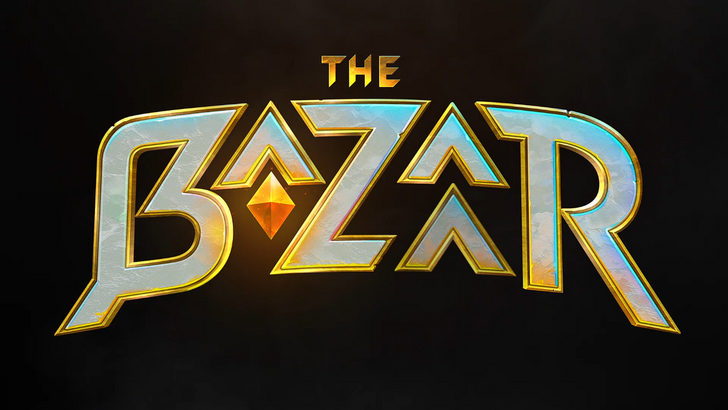
Announcing the Bazaar Release: Date and Time Unveiled
Feb 02,2025
-
2
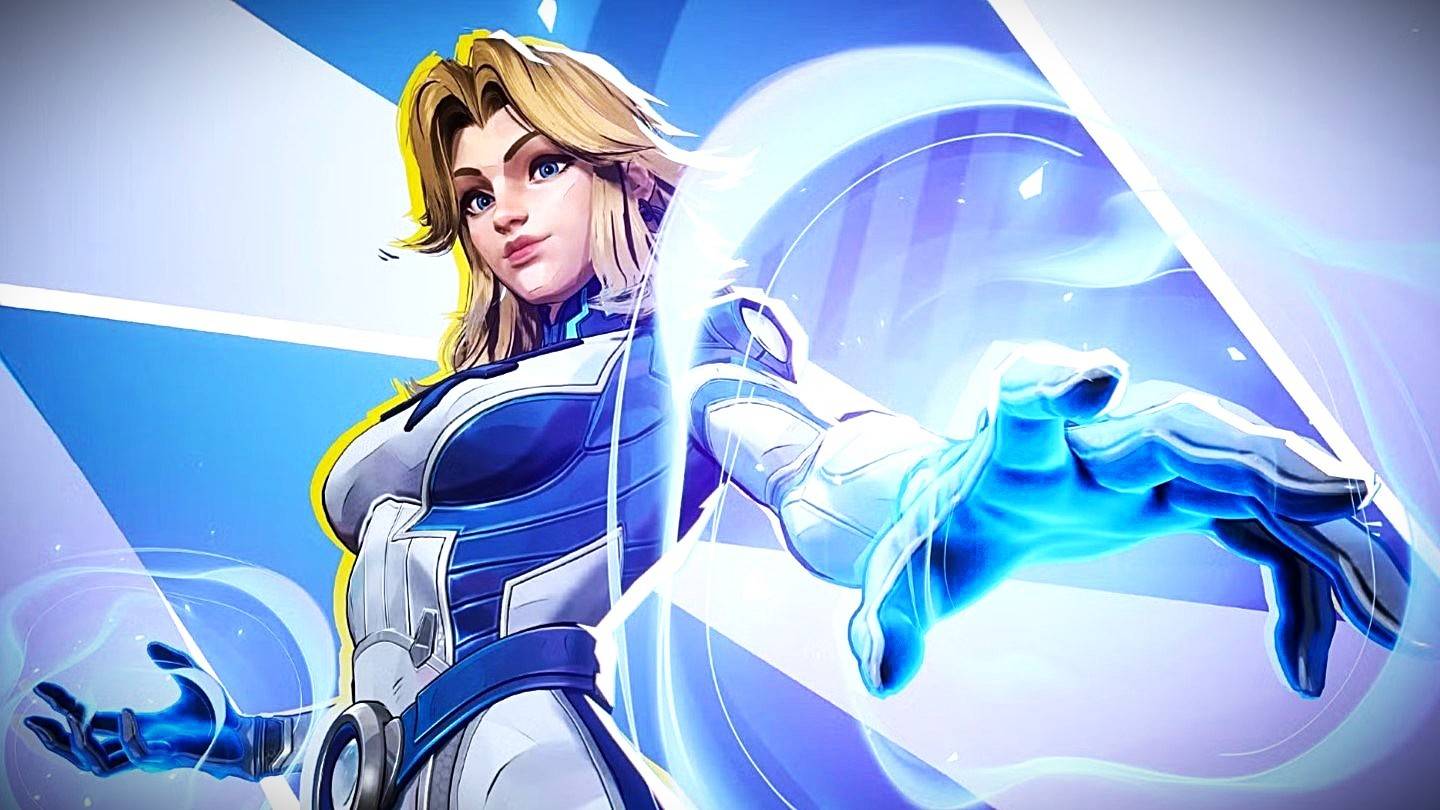
Marvel Rivals Update: News and Features
Feb 19,2025
-
3
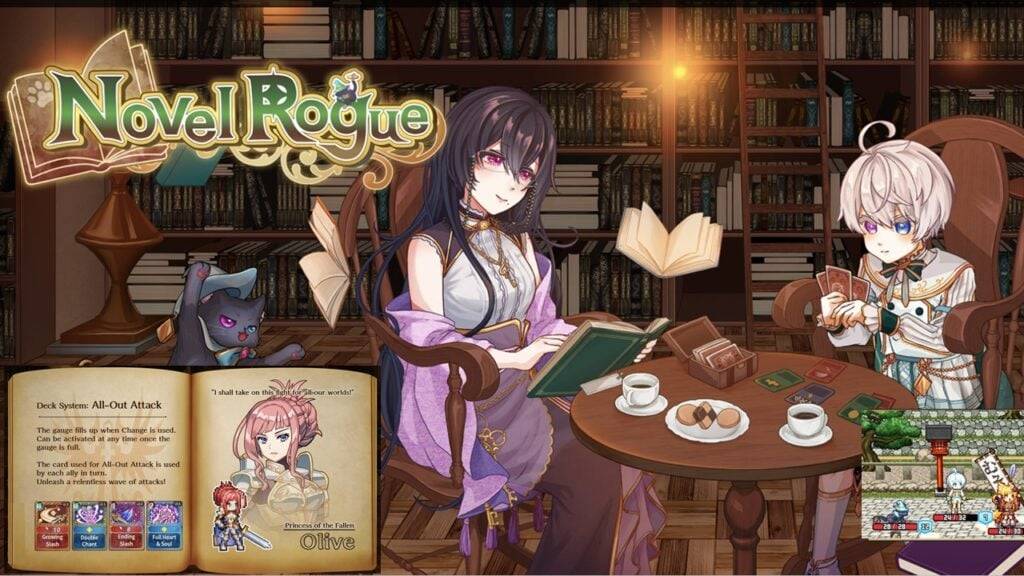
Novel Rogue Decks Android Debut
Feb 25,2025
-
4

GTA 6 Release: Fall 2025 Confirmed
Feb 23,2025
-
5
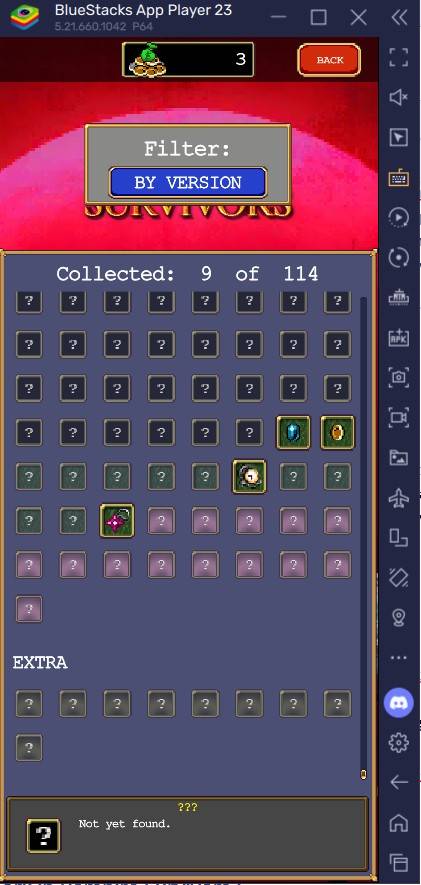
Vampire Survivors – Arcana Card System Guide and Tips
Feb 26,2025
-
6
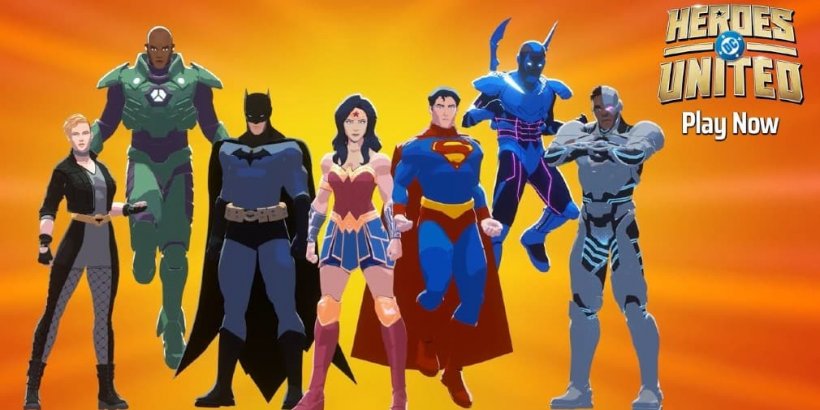
DC Heroes Unite: New Series from Silent Hill: Ascension Creators
Dec 18,2024
-
7
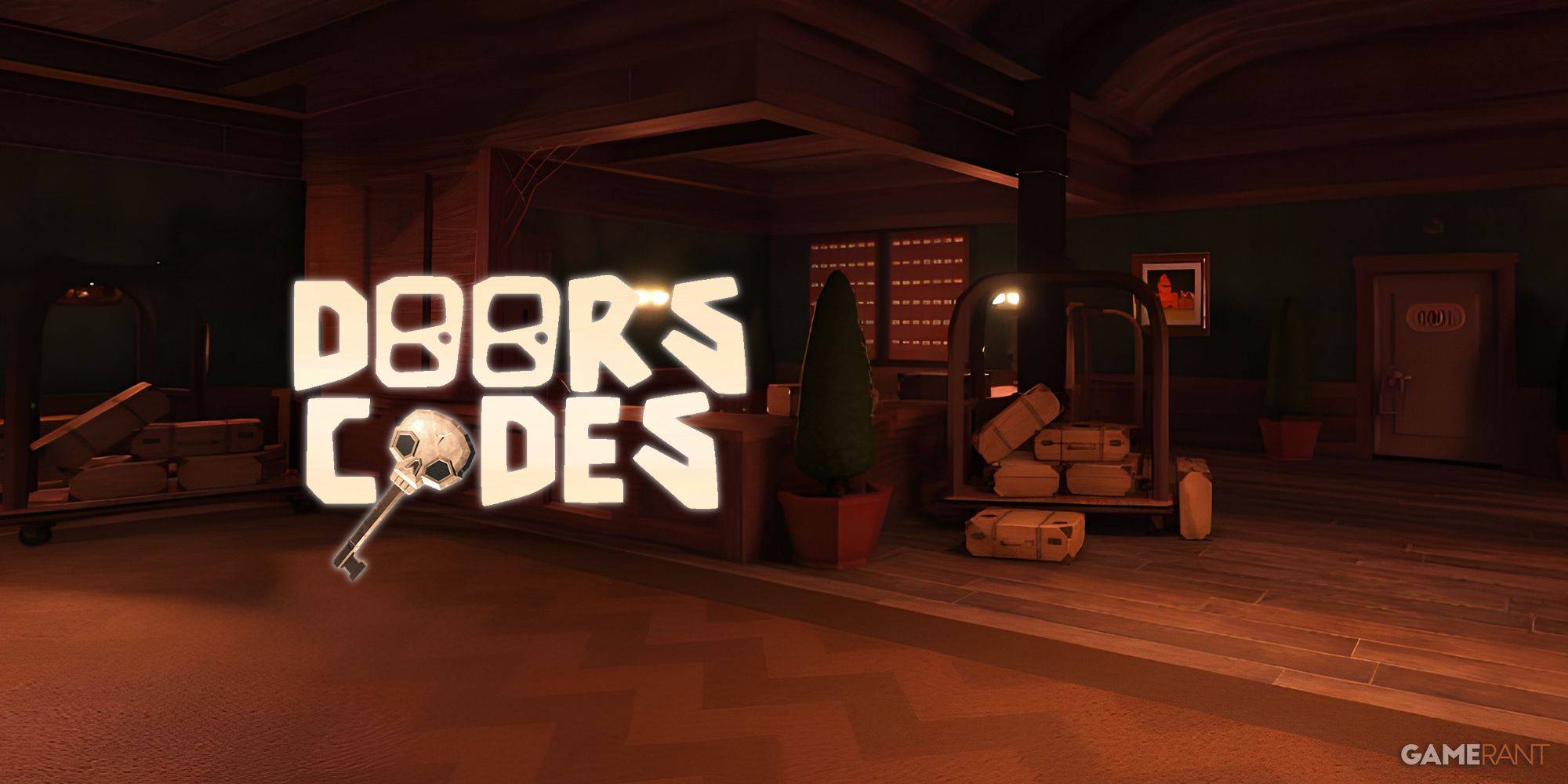
Get Exclusive Roblox DOORS Codes for January 2025
Feb 10,2025
-
8
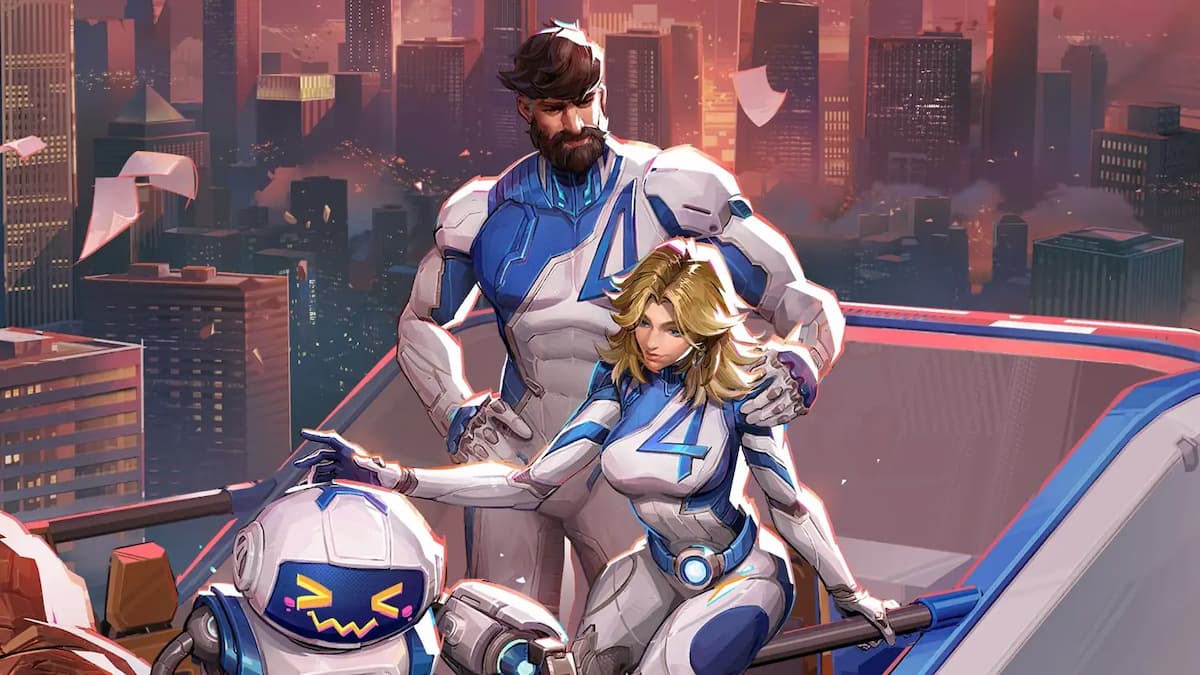
Marvel Rivals Unveils Season 1 Release Date
Feb 02,2025
-
9
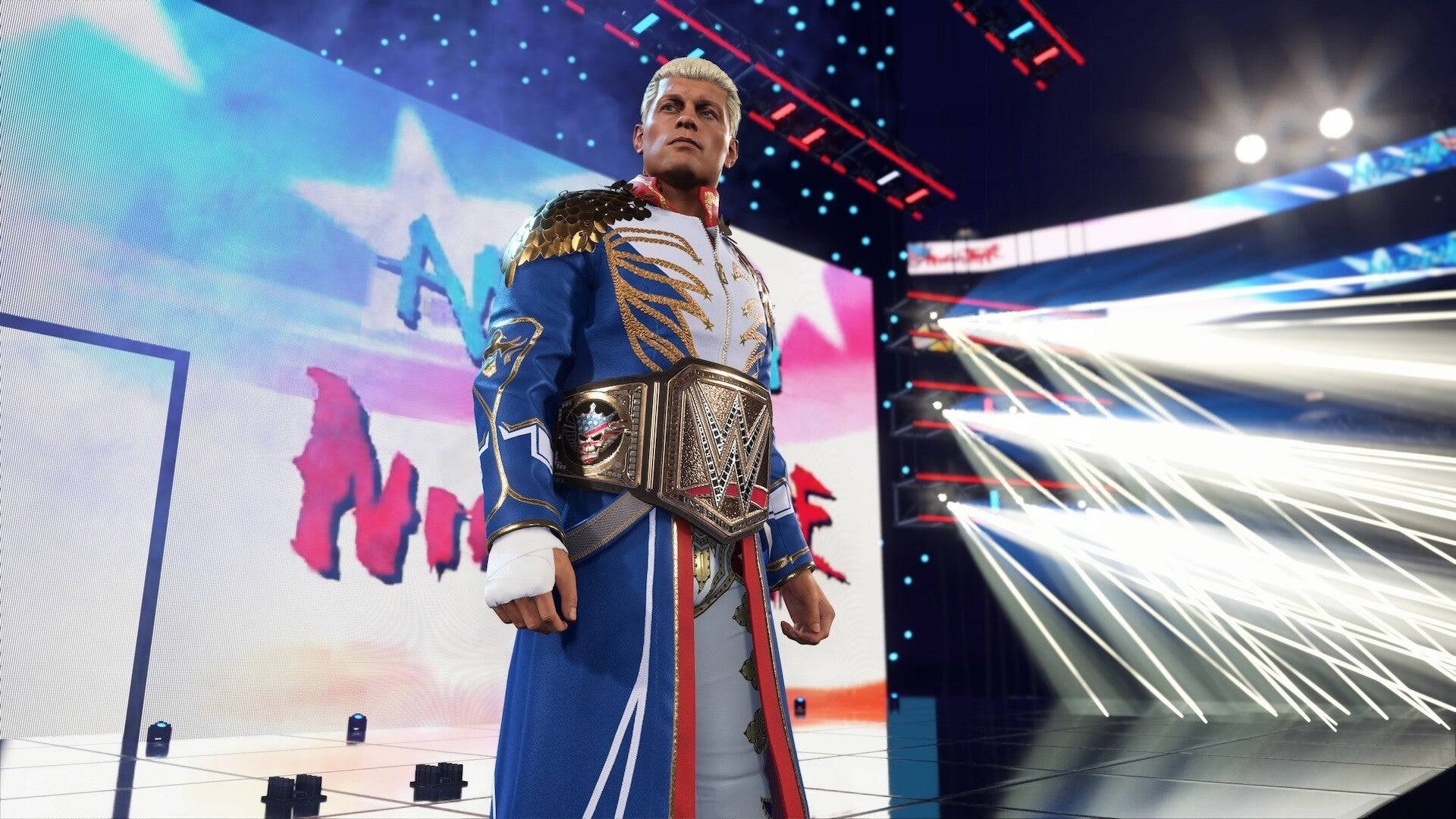
WWE 2K25: Long-Awaited Return
Feb 23,2025
-
10

Anime Fate Echoes: Get the Latest Roblox Codes for January 2025
Jan 20,2025
-
Download

Street Rooster Fight Kung Fu
Action / 65.4 MB
Update: Feb 14,2025
-
Download

Ben 10 A day with Gwen
Casual / 47.41M
Update: Dec 24,2024
-
Download

A Simple Life with My Unobtrusive Sister
Casual / 392.30M
Update: Dec 10,2024
-
4
Mega Jackpot
-
5
Day by Day
-
6
The Lewd Knight
-
7
Translate - Voice Translator
-
8
VPN Qatar - Get Qatar IP
-
9
Chewy - Where Pet Lovers Shop
-
10
Kame Paradise

